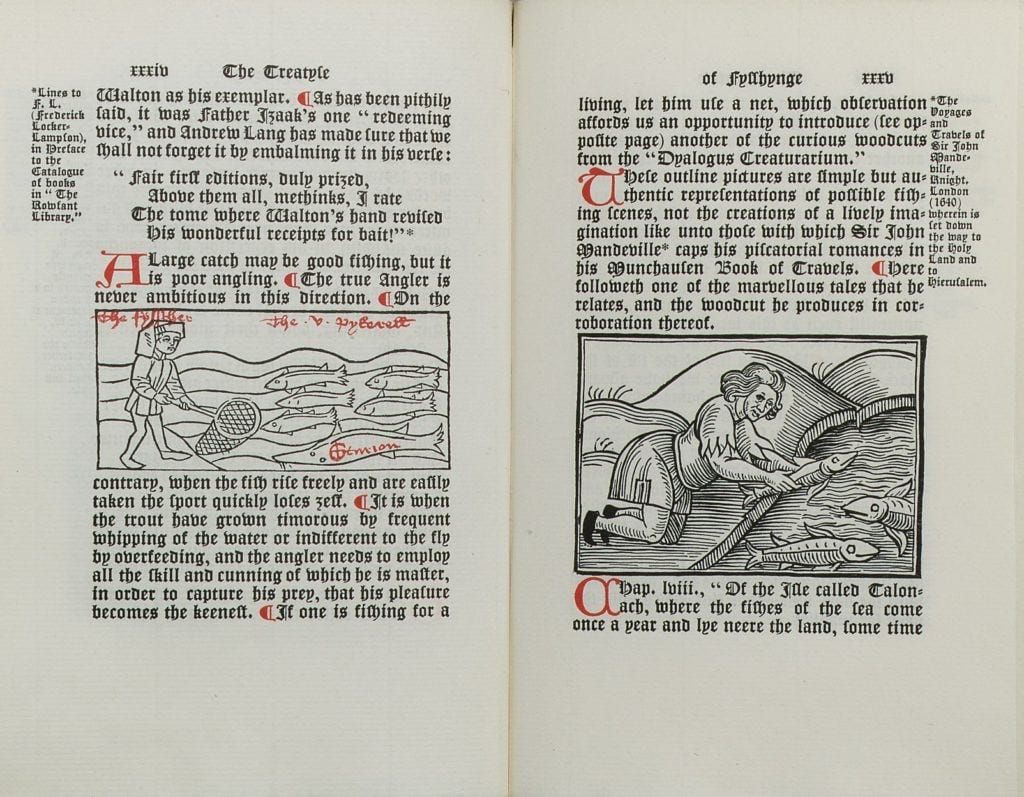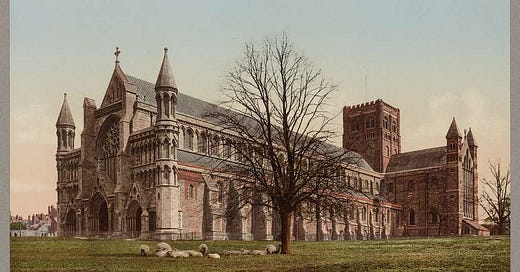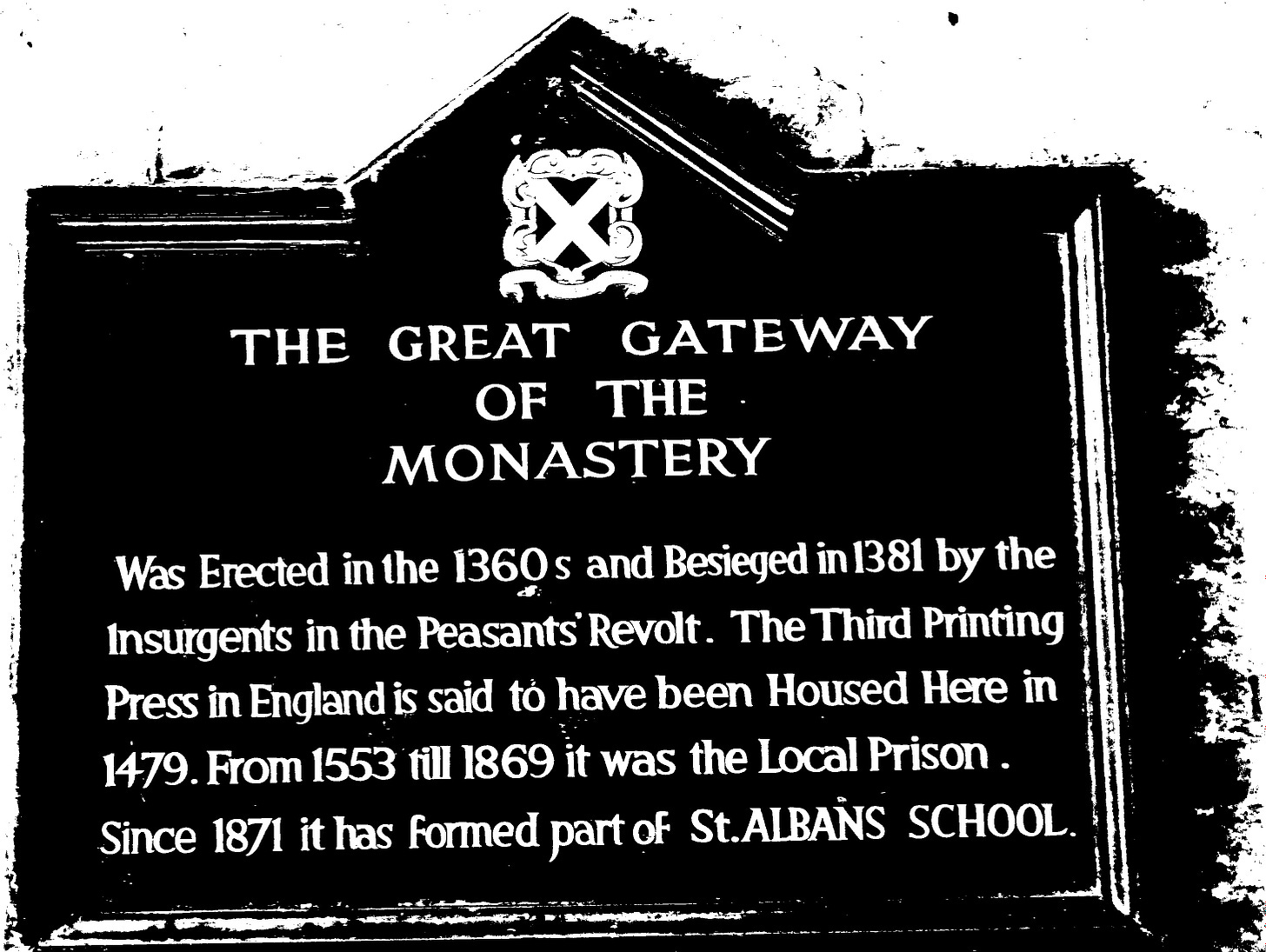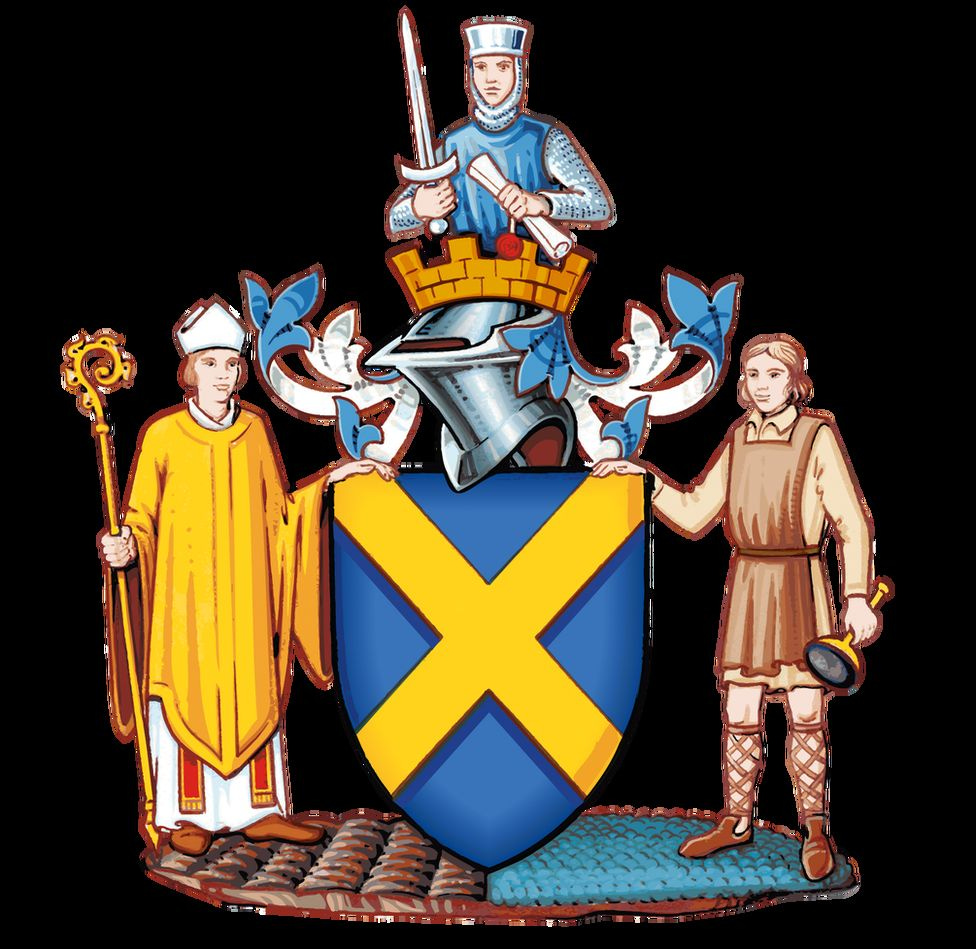Letter from the Publisher
Happy new year reader! Welcome to first issue of The Stationer for 2024.
Firstly, congratulations — you’ve pushed through the post-Christmas current account heartbreak, beaten Blue Monday, and survived the eleven weeks that made up January 2024.
As the nights begin to get brighter, it’s time to adapt once again to a spring that promises new opportunities. At The Stationer, we anticipate that ‘adaptation’ will be a key phrase for the content and communication industry — a buzz word that we’ll hear more and a concept, we predict, that everyone would be wise to embrace.
Whether we like it or not, artificial intelligence is a growing presence which is here to stay; we should work to integrate the full power of digital processes that will increase efficiency and reduce error.
We must continue to adopt e-commerce into our sales practices as we meet modern consumer demands, driven by social media giants such as TikTok and Instagram. UK e-commerce sales are expected to reach £160billion in 2024 and is predicted to grow by 4.1 per cent year-on-year up to 2026.
Our industry must strive to be a part of this growth. It must also aim to achieve such growth with environmental responsibilities in mind, choosing business practices that reduce carbon emissions and promote sustainability.
At The Stationer, we are always striving to adapt our content to the needs of you, the reader. We hope you feel that this is the case, and continue to enjoy and support our newsletter as we grow alongside you this year.
And a reminder: If you are interested in contributing to The Stationer, wish to share a job opportunity, or simply fancy having a chat, feel free to drop me a line at robert.wilding96@gmail.com.
Rob Wilding, Publisher of The Stationer. He posts @robwilding96.
A spotlight on St Albans
LOCATED just 20 miles north of London, St Albans in Hertfordshire appears to have something for everyone: from ancient Roman ruins to the 1,200-year-old Ye Olde Fighting Cocks pub.
On a recent trip to the city with friends, having marvelled at the splendor of St Albans Cathedral, we stumbled across the Abbey Gateway — the city’s last remaining building of the Benedictine Monastery.
Hidden inside the gate, to my surprise, was a sign which stated that the building was the headquarters of the St Albans Press — the third printing press ever set up in England. It was founded in 1479, just three years after William Caxton introduced the printing press to the country.
The name of the man behind the St Albans Press is unknown. He is only referred to by German publisher Wynkyn de Worde — the so-called ‘Father of Fleet Street’ — as the 'Schoolmaster'. Nevertheless, scholars believe that the first colour book in the UK, The Boke of Hawking, Hunting, and Heraldry, or Boke of Seynt Albans, was printed at the gateway.

The gateway was later turned into a prison. Since 1871, the gateway has formed part of St Albans School — one of the oldest private schools in the world. The press now only exists as a holding company.
When a hardback of the Boke of Seynt Albans was lent to St Albans Museum and Gallery by the University of Cambridge for its opening exhibition in 2018, curator Sarah Keeling told the BBC: ‘Printing is an important part of the history of the town and a little-known story.’ It turns out that St Albans has played an important role in shaping the content and communications industry we know today.
The library of the cathedral was one of the finest in Europe before the collection was broken up by the dissolution of the monastery under Henry VIII. But the library has since been re-founded and contains the work of Matthew Parris, whose chronicles have long been an important primary source for the history of medieval England.
Then there are the long-standing St Albans Times and Herts Advertiser newspapers. Founded 1855 by the affluent Gibbs family, the business later expanded to become the Home Counties Newspaper Group, which featured a range of titles spanning the area, including The Luton News.
The city has also been home to many famous writers, such as children’s author Sir Michael Morpurgo, lyricist Sir Tim Rice, and the late physicist Professor Stephen Hawking.
Today, the community’s radio station Mix 92.6 broadcasts to 450,000 listeners, winning several accolades over the years including a silver award at the 2017 Community Radio Awards. And around a third of people currently living in St Albans are employed in professional and managerial occupations, in sectors such as marketing, advertising, and public relations.
The right side of the St Albans crest features a drawing of the allusive ‘Schoolmaster’ printer holding an ink ball, also known as a dabber — a tool that was used in letterpress printing to apply ink to the plate or type. A compelling illustration, perhaps, of how the content and communications industries have shaped a city like St Albans, and will continue to do so for years to come.
Bill Bowkett, Editor of The Stationer. He posts @bill_bowkett.
Industry takeaways
An investigation into the sale of The Telegraph to the United Arab Emirates-backed Redbird IMI by Ofcom and the Competition and Markets Authority has been extended after an intervention from Culture Secretary Lucy Frazer. The New York Times has more.
The British Library's main catalogue, which includes 36 million records, returned online last month following last year's cyber attack by the Rhysida ransomware group. But writing in the Financial Times, literary critic Nilanjana S. Roy says the impact of the hack ‘has spread to scholars, readers and writers across the globe’.
Attacks on Red Sea shipping by Iranian-backed Houthi forces have put European printers at risk of dramatic price rises in consumables and machinery, with the Independent Print Industries Association warning that an extended crisis could see manufacturers passing costs on to printers, Printweek reports.
Users of AdBlock — an advertising-blocking extension for website browsers such as Google Chrome — have been reporting widespread performance issues with the extension enabled on YouTube. But the problem may not lie in the video sharing platform itself, as PC Gamer explains.
OpenAI — the company behind ChatGPT — has offered some publishers as little as between $1million and $5million annually to license their articles for use in training its large language models, sources quoted in The Information have claimed.
Opportunities board
Grierson DocLab Training Scheme, The Grierson Trust — Apply by February 23
Gillian McAllister novel-writing scholarship for Disabled writers, Curtis Brown — Apply by February 11
1843 Magazine internship, The Economist (London) — Apply by February 4
Junior designer, Hachette (Newcastle) —Apply by February 12
Office Product Repair Technician, Canon (Hertfordshire) — Apply ASAP
The Stationer is edited by Bill Bowkett. Please send thoughts, feedback and corrections to bill.bowkett@btinternet.com. Follow the Young Stationers on Facebook, X and Instagram. For more information, visit www.stationers.org/company/young-stationers.












